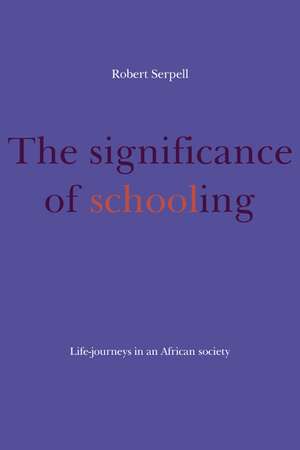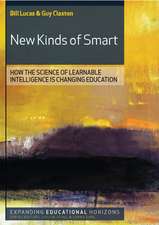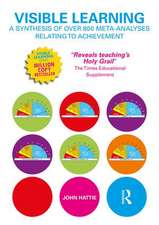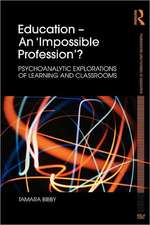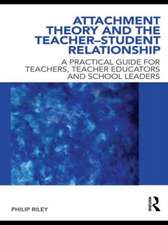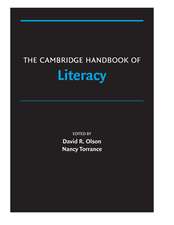The Significance of Schooling: Life-Journeys in an African Society
Autor Robert Serpellen Limba Engleză Paperback – 23 iun 2010
Preț: 385.23 lei
Nou
Puncte Express: 578
Preț estimativ în valută:
73.71€ • 77.17$ • 60.99£
73.71€ • 77.17$ • 60.99£
Carte tipărită la comandă
Livrare economică 07-21 aprilie
Preluare comenzi: 021 569.72.76
Specificații
ISBN-13: 9780521144698
ISBN-10: 0521144698
Pagini: 364
Dimensiuni: 152 x 229 x 21 mm
Greutate: 0.53 kg
Editura: Cambridge University Press
Colecția Cambridge University Press
Locul publicării:Cambridge, United Kingdom
ISBN-10: 0521144698
Pagini: 364
Dimensiuni: 152 x 229 x 21 mm
Greutate: 0.53 kg
Editura: Cambridge University Press
Colecția Cambridge University Press
Locul publicării:Cambridge, United Kingdom
Cuprins
List of illustrations; List of tables; Preface; 1. The multiple agenda of schooling; 2. Wanzelu ndani? A Chewa perspective on child development and intelligence; 3. The formal educational model of cognitive growth; 4. Bicultural mediation: local challenges for teachers; 5. Life-journeys and the significance of schooling; 6. Dialogue and accountability: the school as a community resource; 7. Perspectivist reflections on educational planning; Appendix; Notes; Bibliography; Indexes.
Notă biografică
Descriere
This 1933 study explores the difficulties of meeting the multiple agenda of modern schooling in a case study of a rural African community.
